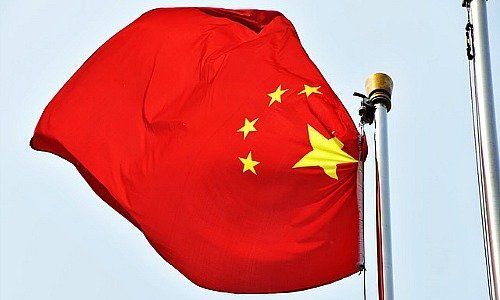The Wealth Tricks of China's Rich
The detention of a UBS banker in China highlights the sensitive issue of capital fleeing the country. Swiss banks have been among the beneficiaries of the wealthy socking away money abroad.
China's wealthy need patience and a bit of resourcefulness if they want to get their money out of the country. UBS, the world's largest bank and a major player in Hong Kong and Singapore, is a popular destination for a good share of the funds.
When a UBS private banker was held up in Beijing last week for as-yet undisclosed reasons, the bank and others responded with travel restrictions (since lifted). For UBS, the skirmish comes shortly after the bank vowed to expand in China, mainly in wealth management.
Paltry Offshore Allowance
UBS is just as important for Chinese clients: fearful of regulatory crackdowns, the country's wealthy have long sought to get some of their money into offshore safety in Hong Kong or Singapore.
This is tricker than in Russia, for example: Chinese citizens are allowed to remove just $50,000 annually. China is home to roughly 3.5 million millionaires, according to a recent study by Credit Suisse.
The country's rich apply a slew of tricks to get their money into perceived safety abroad. This capital flight has long benefited big wealth managers in Asia like Credit Suisse and UBS, which have both emphasized how important the region is for their growth.
Outwitting the System
China is not the largest market in the world – the U.S. remains the biggest – but it is hugely lucrative and growing by leaps and bounds. The UBS banker being questioned in Beijing as well as a tax scandal around actress Fan Bingbing shows that wealth managers may be on thin regulatory ice.
The upshot? China's wealthy often exploit the regulatory gray areas and attempt to outwit officials. finews.asia compiled a few of their favored methods.
- Page 1 of 2
- Next >>




















